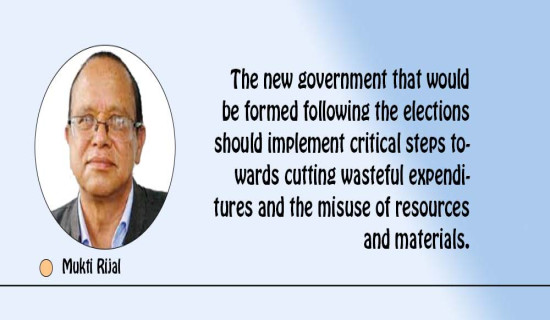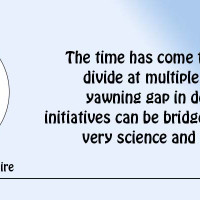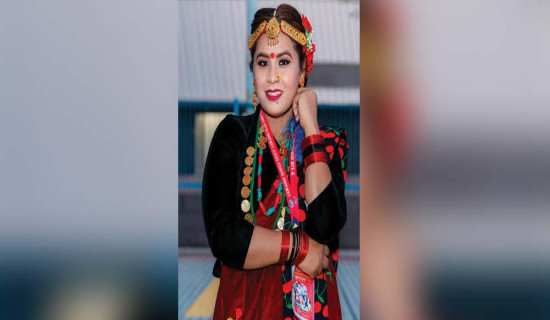- Friday, 23 January 2026
Contention Over Same-sex Marriage
Bini Dahal
The Supreme Court of India, in its recent decision, has rejected the plea to legally recognise same-sex marriage. The petitioners had stated that the LGBTQ (lesbian, gay, bisexual, transgender and queer) community should be able to enjoy the same sets of rights that heterosexual couples get to enjoy. However, recognising the right to be in a same-sex relationship, the court has left the issue for the Indian parliament to decide upon. The court reasons that its responsibility lies in interpreting the laws but not making them. Same-sex marriage is a very important topic of discussion today. In simple terms, it is the marriage between two individuals belonging to the same sex.
The world is changing and so are the thoughts and ideas. There exists diversity even in terms of people. And it is crucial that the diversity be understood and respected. Historically speaking, the practice of legalising same-sex marriage dates back to 2001. The Netherlands was the first country in the world to do so. It was during the midnight of April 2001 when four of the couples had tied knots in a ceremony led by the then mayor of Amsterdam.
Same-sex marriage has been legalised in Taiwan. Nepal’s Supreme Court has also given the responsibility of formulating the laws before such marriages are registered. In July 2023, the court issued the order in this connection. Thus, Nepal has become the first South Asian nation to consider this matter. A proper implementation of this decision is very much important when it comes to ensuring the right to this minority group. Accepting this alliance is a big step for the people belonging to the LGBTQ community. It shows that the country accepts and supports them. It also helps ensure the protection of their fundamental and constitutional rights.
While countries like these have accepted and legalised the idea of same-sex marriage, not all the countries have accepted it. There still exist countries where the alliance is strictly prohibited and criminalised. Within the society, certain groups of people hold narrowed thoughts and ideas on the matter of same-sex marriage. They believe marriage is an alliance that should happen only between people with opposite sexes. However, sticking to this idea means ignoring the rights and the existence of the individuals belonging to the LGBTQ community. Recognising them and ensuring the laws of the country provides them with necessary support and can protect them from social discrimination. It also empowers them, to a great extent.
The court verdict is just one step of the whole process. Necessary laws and policies supplement and respect the verdict. And their implementation protects the major rights of these minorities.
Same-sex marriage helps individuals in their lives and their relationships. Its provision can provide couples to enjoy necessary benefits which include rights to inheritance and all other rights, including spousal rights. The legalisation mainly provides a framework to move ahead and protects the rights of the minorities.
In regards to India, certain actions will have to be taken by the government to ensure rights when it comes to LGBTQ community. The matters have to be taken into consideration by the policymakers, other concerned parties and the public in general. Hopefully, as time goes by, the horizon of rights concerning LGBTQ community will widen. The main focus should always remain on ensuring rights and equality for all!
















